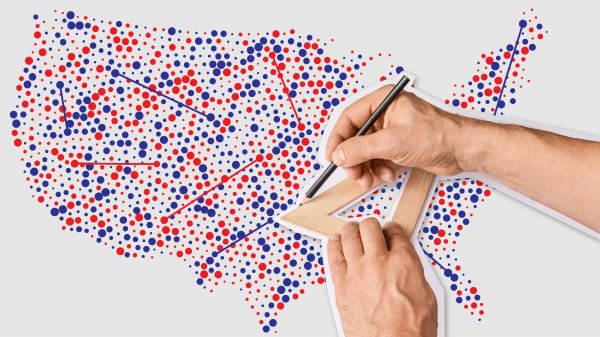The Insurrection Act, Explained: History, Powers, and the Risks for Democracy
As President Trump considers invoking this statute of last resort, and some members of Congress and White House advisers urge him to do so, experts examine the law’s history and what domestic troop deployment could mean.









